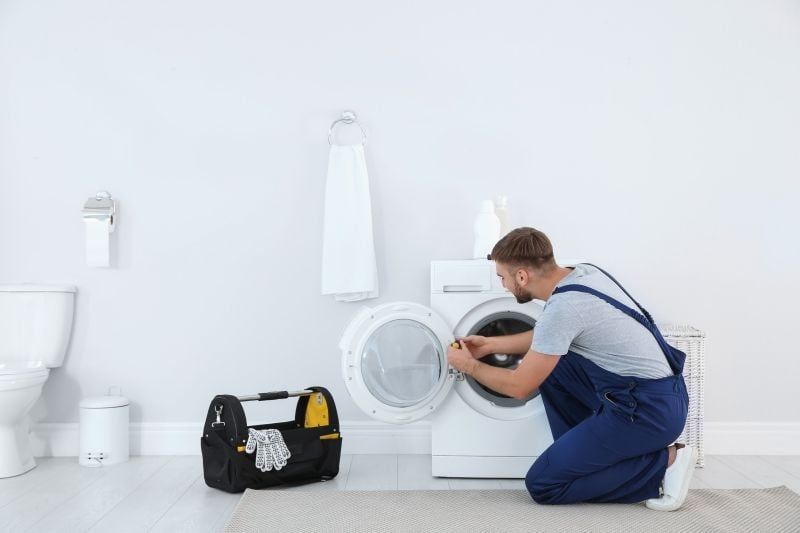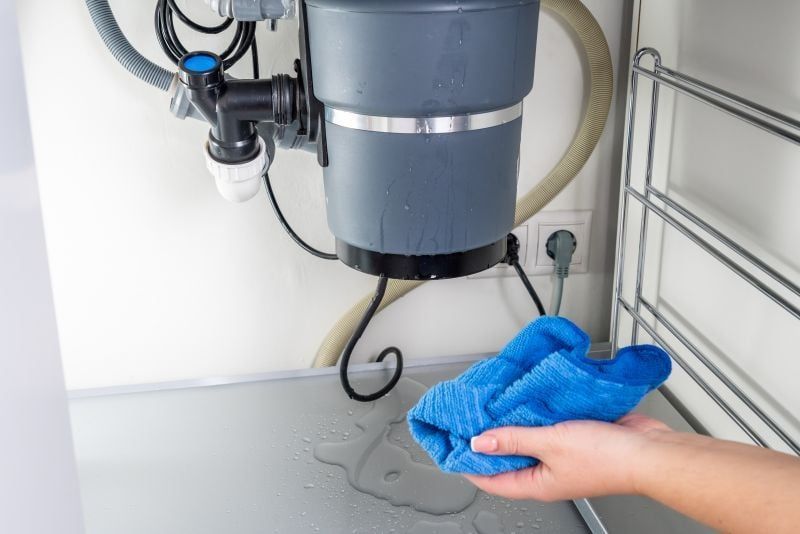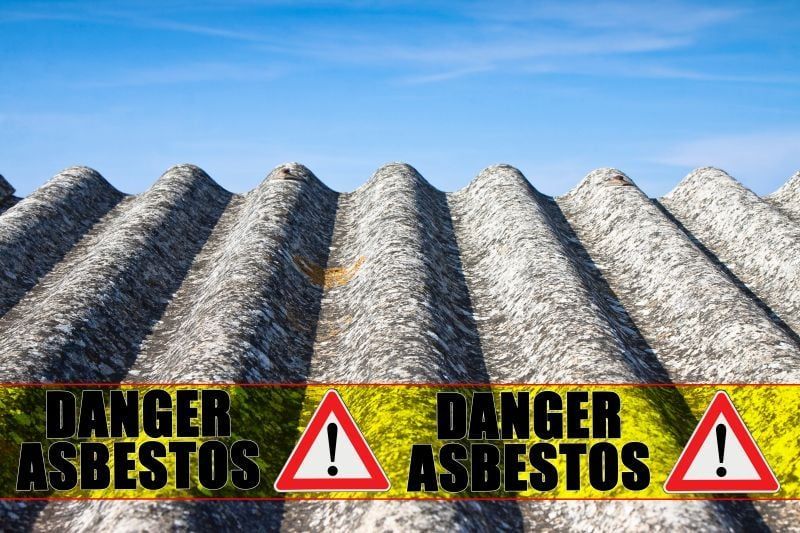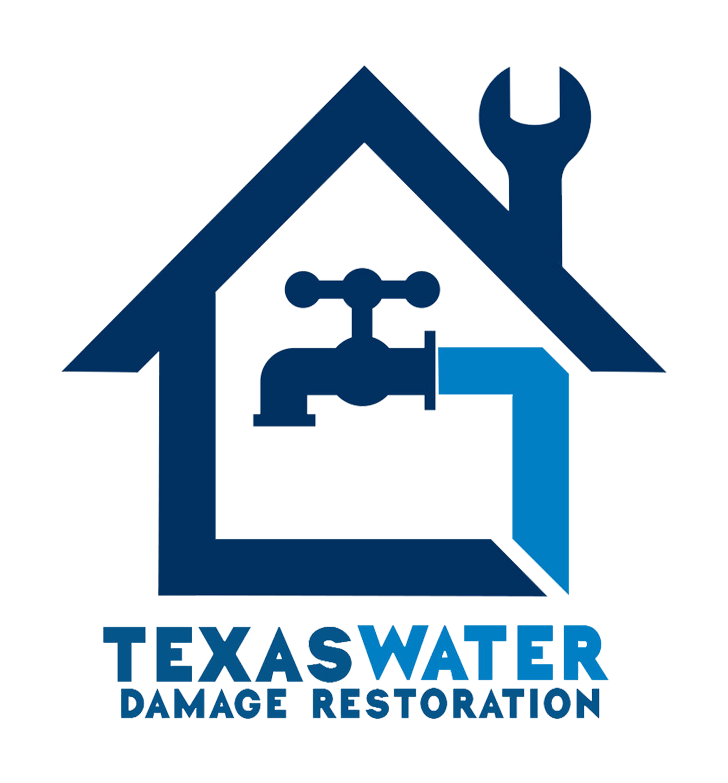
Water Damage and HVAC Systems: Maintaining Efficiency and Preventing Mold
Water damage poses a significant threat to the efficiency of HVAC systems and can also lead to the growth of mold. Therefore, it is crucial to take preventive measures to protect your HVAC system and ensure its optimal performance. This article will provide comprehensive insights into how to maintain efficiency in HVAC systems and prevent mold growth.
1. Importance of Water Damage Prevention

Water damage can have devastating effects on your HVAC system, leading to costly repairs or replacements. It can cause corrosion, electrical malfunctions, and reduced efficiency, resulting in higher energy consumption and decreased performance. Additionally, if water damage is not promptly addressed, it can create an ideal environment for mold growth, which poses serious health risks.
2. Tips for Preventing Water Damage
To prevent water damage to your HVAC system, consider implementing the following measures:
a. Regular Maintenance
Regular maintenance is essential for identifying and addressing potential issues before they escalate. Schedule professional HVAC inspections and tune-ups at least once a year to ensure all components are in optimal condition. During these inspections, technicians will check for leaks, clean coils, and verify proper drainage.
b. Ensure Proper Drainage
Ensure that your HVAC system’s condensate drain lines are clear and functioning properly. Clogged or faulty drain lines can result in water backups and leaks. Regularly check and clean the drain lines to prevent blockages and enable proper water flow.

c. Monitor Humidity Levels
Excessive humidity can lead to condensation and moisture buildup. Use a dehumidifier if necessary to maintain optimal humidity levels in your space. By controlling humidity, you can prevent the accumulation of moisture that may contribute to water damage and mold growth.
d. Insulate Pipes
Properly insulate the pipes carrying water to and from your HVAC system. This insulation helps prevent condensation on the pipes, reducing the risk of leaks and water damage. Insulation also helps maintain the desired temperature of the water, ensuring optimal system performance.
e. Install Leak Detection Systems
Consider installing leak detection systems in areas susceptible to water damage, such as near HVAC units or in basements. These systems can provide early warnings of leaks, allowing you to take immediate action and prevent further damage.
3. Maintaining HVAC System Efficiency
Efficiency is crucial for HVAC systems to provide optimal comfort while minimizing energy consumption. Here are some tips to maintain HVAC system efficiency:
a. Regular Filter Replacement
Regularly replace the air filters in your HVAC system as recommended by the manufacturer. Clogged or dirty filters can obstruct airflow, forcing the system to work harder and reducing its efficiency. Clean filters ensure proper air circulation and improve indoor air quality.
b. Duct Cleaning and Sealing
Periodically clean and inspect the ductwork to remove debris and ensure there are no leaks. Leaky ducts can result in energy loss and reduced efficiency. Consider professional duct cleaning and sealing to optimize airflow and minimize energy waste.
c. Proper Thermostat Usage
Use a programmable thermostat to regulate temperature settings efficiently. Set appropriate temperature ranges for different times of the day to avoid excessive cooling or heating when not needed. Proper thermostat usage can significantly contribute to energy savings.
d. Regular System Inspections
Schedule regular HVAC system inspections by qualified professionals to identify any potential issues affecting its efficiency. These inspections can help detect and address problems early, ensuring optimal system performance.
4. Preventing Mold Growth
Mold growth poses serious health risks and can also damage your HVAC system. Follow these tips to prevent mold growth:
a. Control Moisture
Mold thrives in moist environments, so it is vital to control moisture in your space. Repair any leaks promptly, ensure proper ventilation, and address excess humidity. Use dehumidifiers or ventilation fans in bathrooms and other areas prone to moisture buildup.
b. Clean and Inspect HVAC Components
Regularly clean and inspect all HVAC components susceptible to mold growth, such as air ducts, coils, and drip pans. Remove any debris or signs of mold growth promptly. Consider professional HVAC cleaning and maintenance to ensure thorough cleaning of all components.
c. Monitor Indoor Air Quality
Regularly monitor indoor air quality using appropriate devices. If you notice musty odors or signs of mold growth, take immediate action to identify and address the source. Timely interventions can prevent further mold growth and protect your health.
d. Seek Professional Mold Remediation
If you discover extensive mold growth in your home or office, it is crucial to seek professional mold remediation services. Professionals have the expertise and equipment to safely remove mold and restore a healthy environment.
Conclusion
Water damage can have severe consequences for HVAC systems, leading to decreased efficiency and mold growth. By implementing preventive measures and maintaining your HVAC system regularly, you can enhance its efficiency, prolong its lifespan, and prevent the growth of mold. If you require professional water damage restoration or mold remediation services, Texas Water Damage Restoration Pros is here to assist you. Contact us at 817-587-4040 or visit our website for more information about our services.
